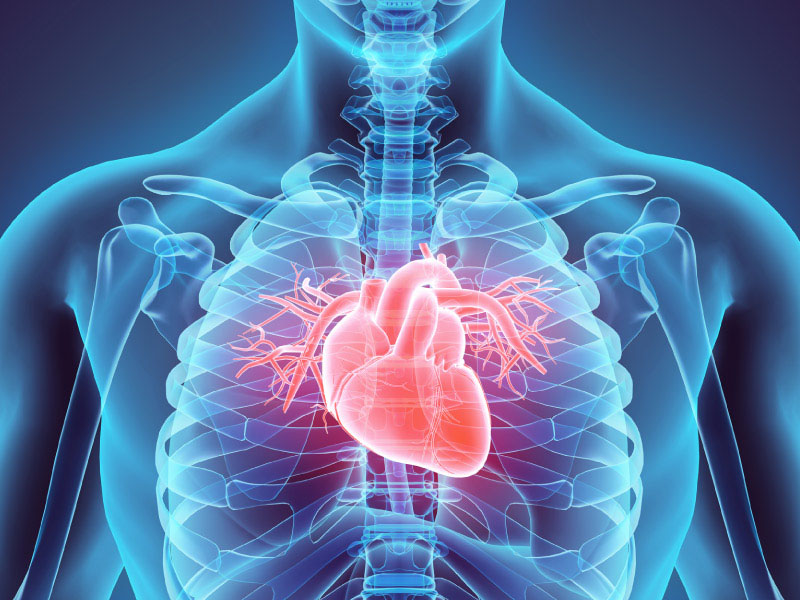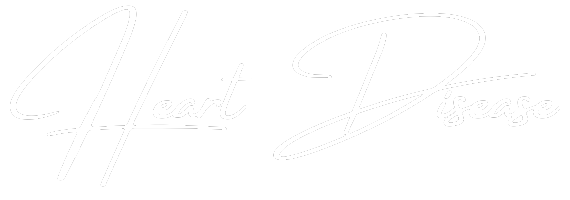
You didn’t feel pain, but something didn’t feel quite right for days
You weren’t gasping. There was no drama. Just a strange tightness. Some fatigue. A sense of being off. So you ignored it. Took a walk. Drank water. But the feeling stayed. Not worse. Not gone. A silent heart attack doesn’t shout. It whispers. Through discomfort. Through fog. Through symptoms that don’t line up with expectations. That’s where the danger begins.
Your body sent signals, but they were too subtle to name in the moment
You remember feeling nauseous. Light-headed. Like you needed to sit down. But you kept going. You had things to do. And the discomfort passed—mostly. That’s the trap. Silent heart attacks often mimic stress or indigestion. A skipped meal. A bad night’s sleep. The ordinary masks the critical. And your heart pays for what your mind excuses.
You chalked it up to age, anxiety, or maybe just a busy week
There’s always a reason to minimize. You’re tired because you’ve been working late. Dizzy because you stood too fast. You don’t want to be alarmist. But silent heart attacks live in that space between logic and danger. They don’t match the movie scenes. They don’t stop the world. They quietly damage the muscle that keeps you moving.
You saw a doctor weeks later—and the ECG revealed what you missed
Your checkup was routine. You didn’t even mention the episode. But the machine caught it. Old damage. Scar tissue. Evidence of a cardiac event. You’re shocked. You didn’t feel it. But it happened. And now your treatment starts from behind. The problem with silence is it delays the response. Healing begins late. Recovery loses momentum.
They’re more common than we think—and more overlooked in women and people with diabetes
Studies show up to 45% of heart attacks may be “silent.” No dramatic pain. No collapse. Just lingering symptoms we dismiss. Women report different patterns. Shortness of breath. Fatigue. Back discomfort. Not always chest pain. People with diabetes might not feel pain at all due to nerve damage. That means education isn’t just important—it’s urgent.
The signs come in waves—short breath, sudden fatigue, discomfort in places we don’t expect
You thought heart attacks always hit the chest. But sometimes they visit the jaw. Or shoulder. Or neck. Sometimes you just feel unusually tired. Like climbing stairs suddenly drains you. Like walking to the kitchen takes effort. These signs matter. Especially if they’re new. Especially if they come together. Especially if they feel like your body is telling you something’s different.
You’ve had high blood pressure, cholesterol, or family history—but no one told you this version existed
You thought you’d feel it. You thought you’d know. But no one talked about the ones that sneak through. That don’t hurt. That don’t panic. Just damage. If you carry risk factors, you must also carry awareness. Because silent heart attacks don’t need permission. They arrive in silence and leave in silence—unless you catch the echo.
You survived, but didn’t know you were supposed to be recovering
That’s the twist. You lived through it. Went to work. Made dinner. But the scar remains. Your heart doesn’t forget. The muscle remembers. It changes how your body pumps, how your energy flows. Recovery matters—even if you never knew there was something to recover from. Especially then.
You feel fine now, but fine doesn’t always mean healthy
No symptoms doesn’t mean no damage. That’s the hard truth. A silent heart attack might not change your daily life at first. But untreated, it lays the groundwork for another. One that might not be silent. One that might not be kind. Prevention and follow-up are your new allies. Not panic. Not fear. Just consistent listening.
You can’t rewind time, but you can pay closer attention now
The past happened. Quietly. But the future is loud with options. You can test. You can monitor. You can ask more questions. Wear the monitor. Take the test. Don’t feel embarrassed for not knowing. Feel empowered for choosing to know more now. Your second chance isn’t a coincidence. It’s a calling.
